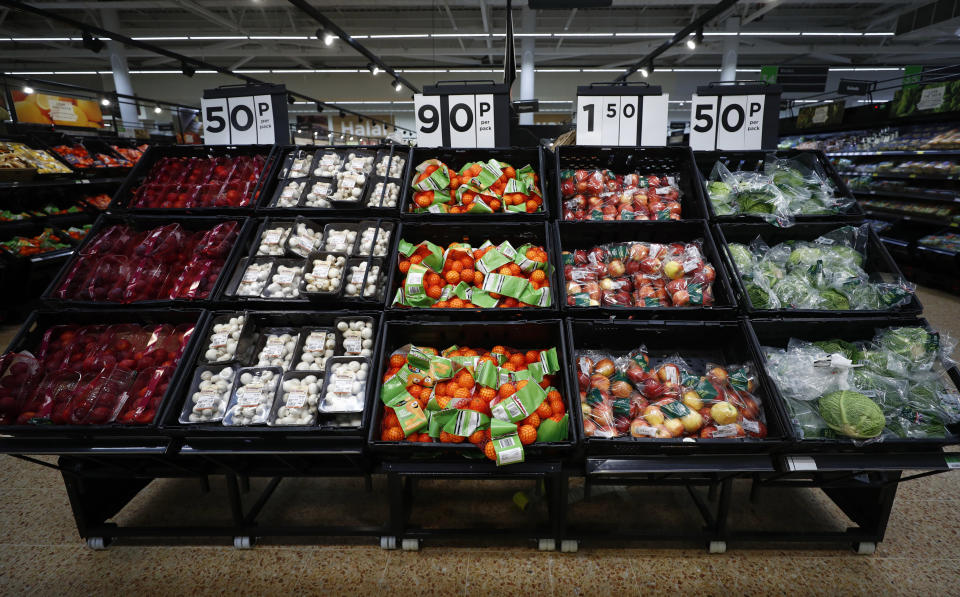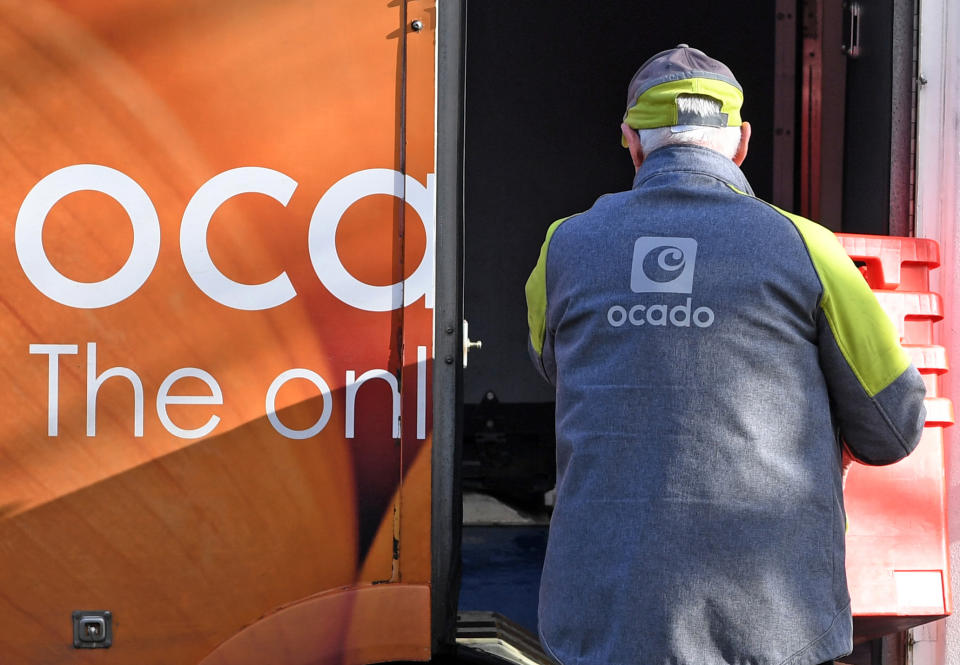Alcohol-free beer and veg sales soar in 'month of moderation'

Sales of alcohol-free beer and meat substitutes soared in January, with new figures showing UK shoppers had a “month of moderation.”
New survey data from Kantar Worldpanel suggests the public warmed to the initiatives of ‘dry January’ and ‘Veganuary’ in the aftermath of the festive season.
More than twice as many shoppers bought products explicitly labelled as plant-based last month than in December, according to the figures.
Leading supermarkets saw sales of alcohol-free beer skyrocket by 37% over the past 12 weeks, while soft drinks sales were up 3%.
Popular alternatives to meat such as soya mince and vegetarian burgers and sausages also flew off the shelves, with sales up 14% in January compared to a year earlier.
READ MORE: PG Tips could be sold off as Brits swap builder's tea for herbal brews
Sales of vegetables also increased as consumers looked for healthier meals, with lentil sales up 6%, lettuce up 10%, and aubergine up 14%.
Kantar said their surveys showed health concerns were participants’ main reason for getting involved in ‘Veganuary,’ followed by environmental and ethical reasons.
Cost could also be on consumers’ minds, with bacon, sausages, and cooked meat prices rising fastest of any supermarket products. But fresh poultry and butter prices have been falling.

Fraser McKevitt, head of retail and consumer insight at Kantar, said the overall number of vegans and vegetarians remained low, but more shoppers were trying to eat fewer meat and animal products.
“The retailers are responding accordingly,” added McKevitt. “It’s clear the Veganuary campaign is having an impact.” New vegan lines include Asda’s ‘plant-based’ and Co-op’s ‘Gro.’
READ MORE: UK retailers ‘have cut 10,000 jobs already this year’
McKevitt also noted alcohol sales remained high. “Of course, not everyone has been abstaining, and more than 15 million households still bought alcohol during the past four weeks.”
The latest Kantar figures also show changing trends in the grocery sector. Ocado (OCDO.L) remains Britain’s fastest-growing grocer, based on sales in the 12 weeks to 27 January compared to a year earlier.
McKevitt said more than half of Ocado’s sales were in London and the south of England, but its quickest growth was in the north, with sales 17% higher than a year ago.
Its sales were 11.2% higher overall. Discounter Lidl grew second-fastest, up 11.1%. Rival Aldi also saw strong growth of 5.7%.
The figures suggest the German chains welcomed 800,000 extra shoppers through their doors last year, cutting into more established rivals’ customer bases as they opened new stores.
Sainsbury’s (SBRY.L) performed best of the so-called ‘Big Four’ retailers as its online sales grew, pushing its share price up but its overall sales were still down 0.6%.
Britain’s biggest supermarket Tesco (TSCO.L) saw its sales slide 0.9%, Walmart-owned (WMT) Asda suffered a 2.2% drop, and Morrisons (MRW.L) was hit the hardest with a 3% drop.

 Yahoo Finance
Yahoo Finance 